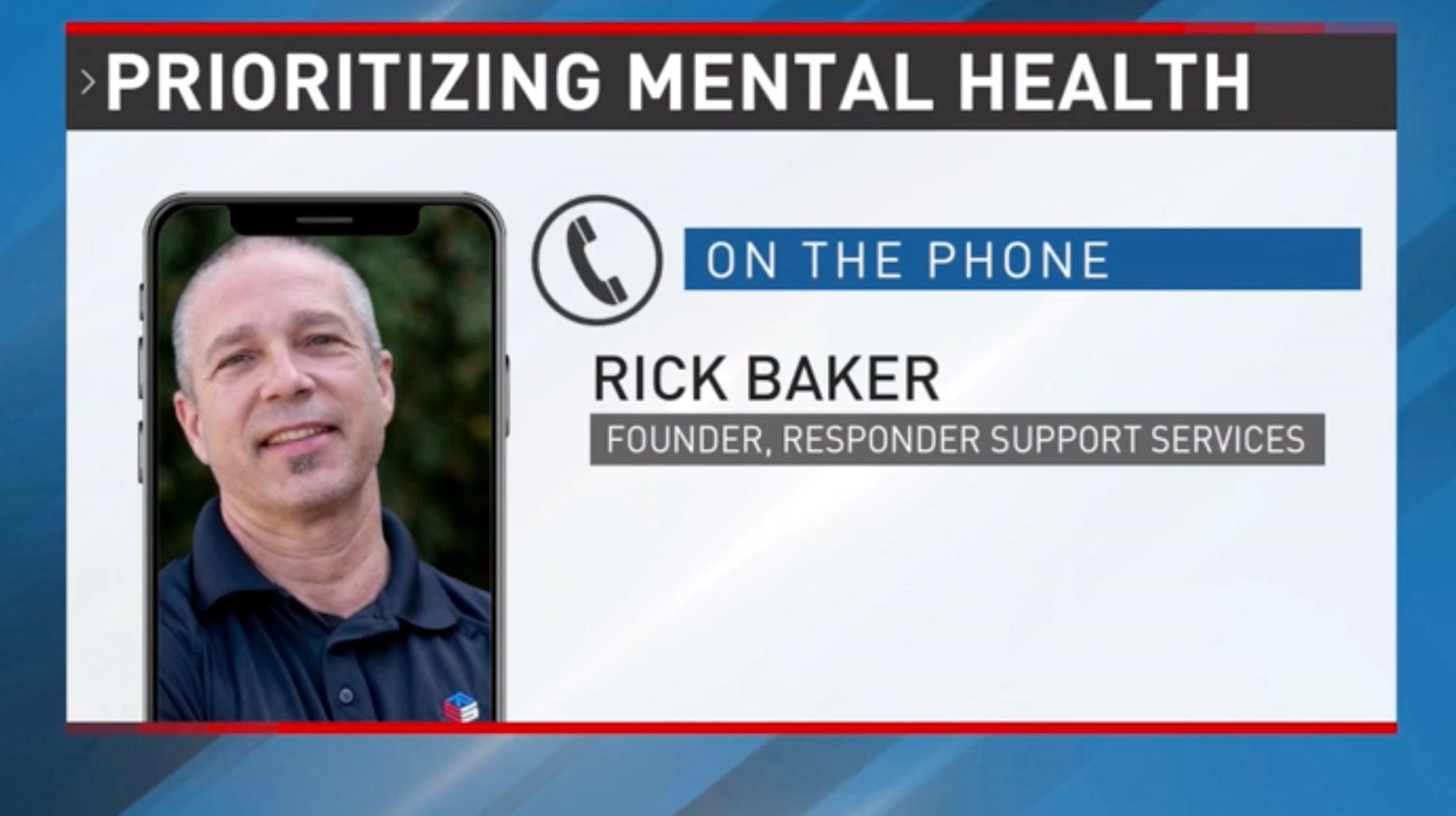
RSS in the News
Responder Support Services has been recently featured in various news outlets for its innovative approach to emergency response solutions. Our commitment to providing top-notch support services to first responders has garnered attention from the media, showcasing our dedication to improving emergency response systems worldwide. Check back for more updates.

EMS worker's death by suicide puts focus on mental health awareness for first responders
“From the tragedy comes a unified message that mental health help is available for first responders, including from Rick Baker's Responder Support Services.
It includes a program unique to the mountains called First Responder Fast Track to Hospitalization.”
City Council approves push for expanded mental health support for first responders
“The Asheville City Council voted Tuesday night to expand mental health support services for police and firefighters.
The vote increases funding to Responder Support Services, LLC to almost $300,000 for a three-year contract. Responder Support Services currently provides embedded behavioral health support to Fire and Police Departments four days per week for each department.”
BCSO combats stigma, removes barriers to mental health services for first responders
“Baker said his team's strategic placement at BCSO is about removing barriers to mental health services and normalizing asking for help.”
Responder Support Services opens in Boone
“Saralynn Brown is an embedded mental health clinician for Responder Support Services in Boone.
‘It is a population that if I didn't work with them, I felt like I would have had regrets,’ Brown said.”
CDC report highlights trauma first responders face, great need for mental health programs
“Rick Baker, founder of Responder Support Services, emphasized the need for mental health support and is on a daily mission to provide that.
‘Everybody that works with us has hidden depths, training in the evidence-based treatments that has shown to be effective for PTSD,’ Baker said. ‘The treatment has to be adapted and be a little bit different for them than it is for the general population.’”
Program offers help to first responders in wake of natural disasters
“First responders are the unsung heroes after a natural disaster strikes, providing comfort and safety after mass devastation like what was seen after Hurricane Helene last year in North Carolina. But first responders, too, need help. Founder and Executive Director of Responder Support Services Rick Baker joined FOX Weather on Tuesday to talk about why it’s so important to have resources in place to help our heroes.”







